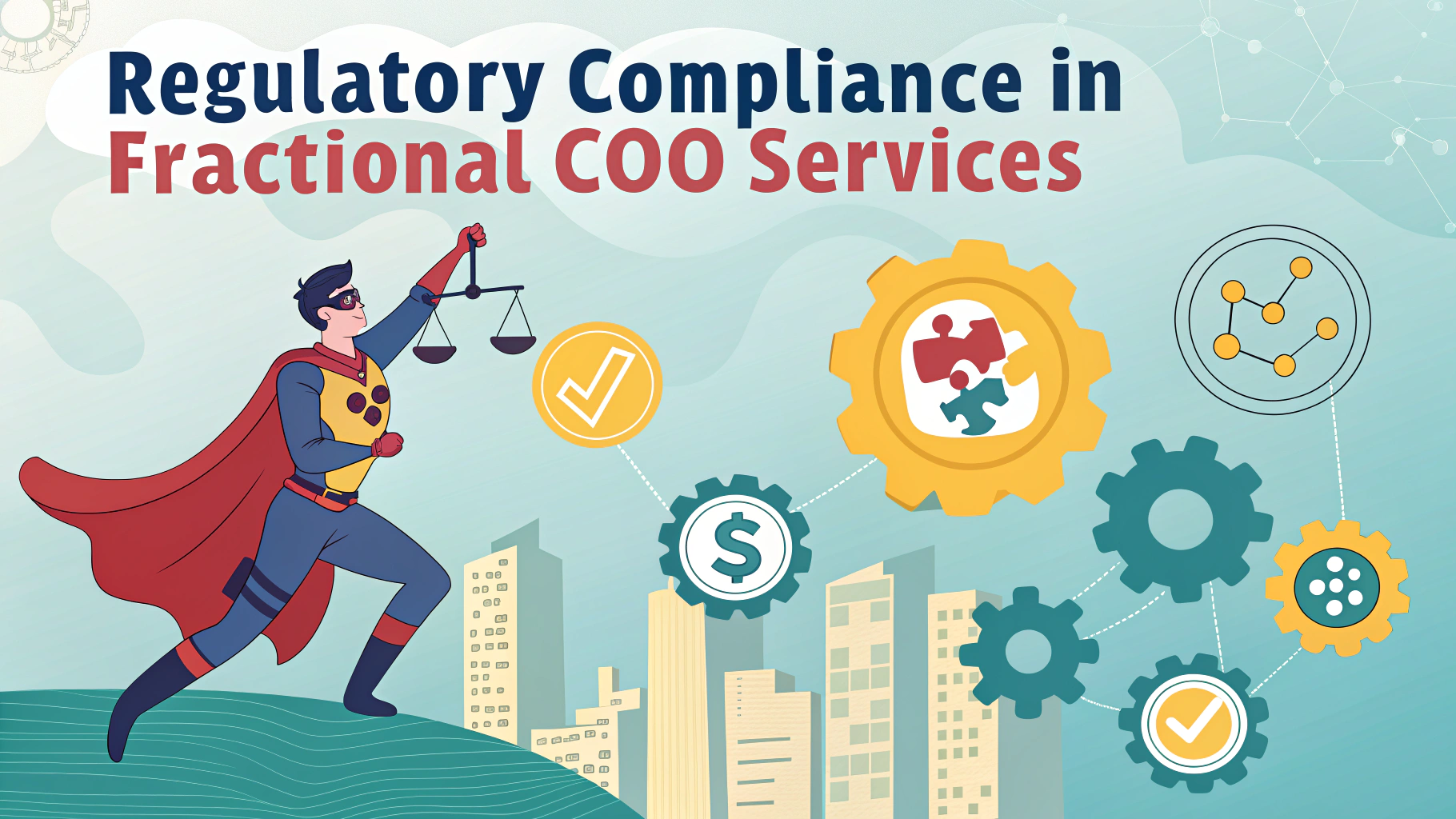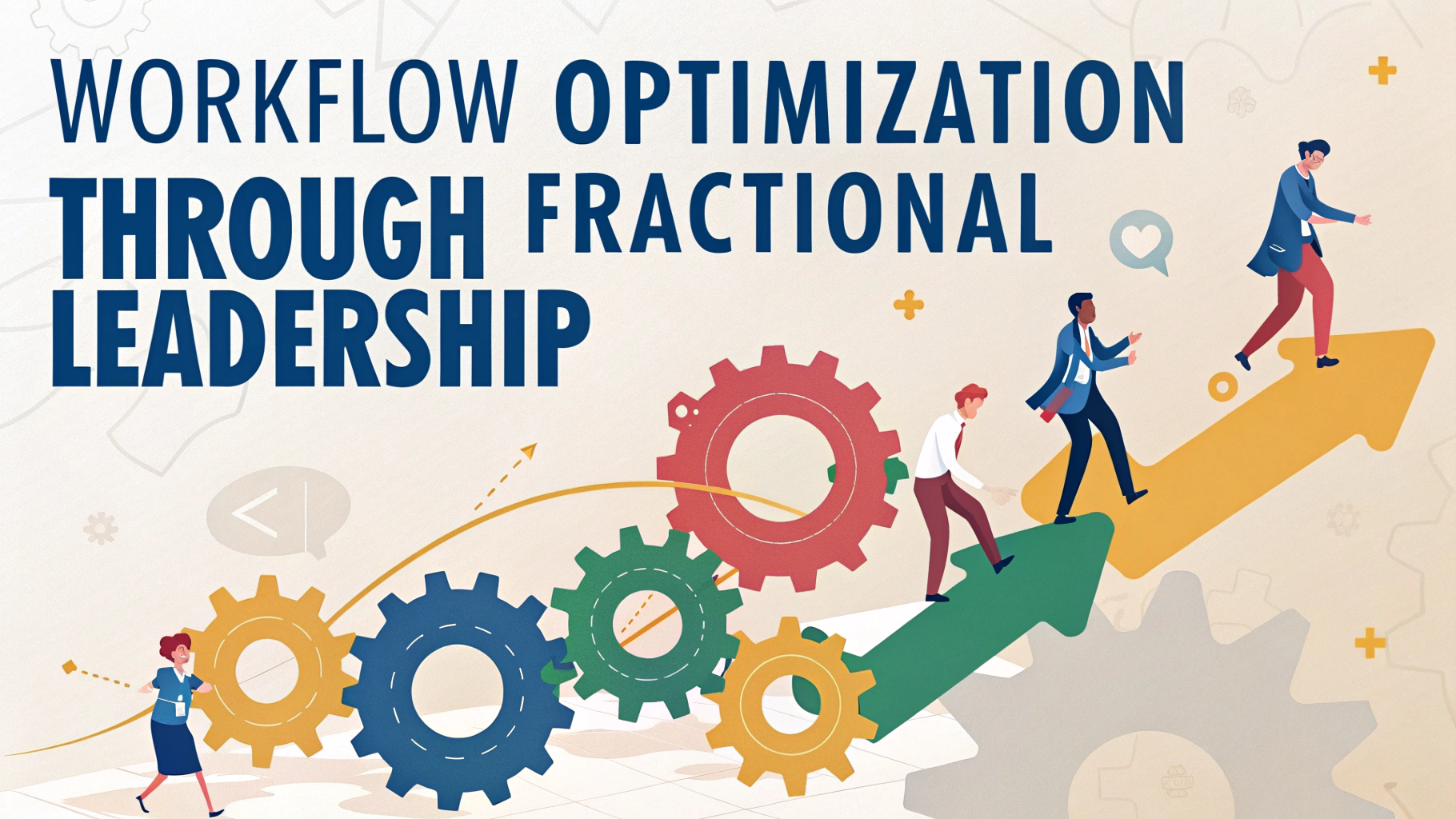A Chief Operating Officer (COO) manages the daily operations of a company, working directly under the CEO to implement organizational strategies and optimize business functions.
The role requires exceptional leadership skills to oversee multiple departments while maintaining operational efficiency and driving business growth.
Understanding the key responsibilities and required skills of a COO helps businesses structure their executive team effectively and assists professionals pursuing this career path.
Core Responsibilities
- Overseeing daily business operations
- Developing and implementing business strategies
- Managing departmental budgets and resource allocation
- Establishing operational policies and procedures
- Ensuring compliance with regulations and standards
- Building and maintaining key business relationships
Required Skills and Qualifications
- MBA or relevant advanced degree
- 10+ years of senior management experience
- Strong financial acumen
- Strategic planning abilities
- Leadership and team management expertise
- Problem-solving and decision-making skills
Relationship with Other Executives
The COO works closely with the CEO, serving as a trusted advisor and often acting as second-in-command.
They collaborate with other C-suite executives including the CFO, CTO, and department heads to ensure alignment with company goals.
Key Performance Metrics
- Operational efficiency improvements
- Cost reduction achievements
- Revenue growth
- Employee productivity metrics
- Customer satisfaction rates
- Project completion rates
Common Challenges
- Balancing short-term operations with long-term strategy
- Managing diverse departmental needs
- Implementing organizational change
- Maintaining quality standards during growth
- Coordinating cross-functional teams
Career Path and Development
Most COOs advance from senior management positions in operations, finance, or general management.
Professional certifications like PMP (Project Management Professional) or Six Sigma can enhance career prospects.
Salary and Compensation
COO compensation typically includes base salary, performance bonuses, stock options, and additional benefits.
Salary ranges vary by industry, company size, and location, with average base compensation ranging from $200,000 to $450,000 annually.
Making an Impact as COO
Focus on building strong relationships across all organizational levels while maintaining clear communication channels.
Stay current with industry trends and technological advancements to drive innovation and maintain competitive advantage.
Develop and mentor future leaders within the organization to ensure sustainable growth and succession planning.
Industry-Specific Considerations
Different industries require specialized operational expertise and focused approaches:
- Technology: Focus on rapid scaling and innovation management
- Manufacturing: Emphasis on supply chain and production efficiency
- Healthcare: Priority on regulatory compliance and quality control
- Retail: Customer experience and inventory management expertise
- Financial Services: Risk management and compliance knowledge
Tools and Technologies
- Enterprise Resource Planning (ERP) systems
- Business Intelligence platforms
- Project management software
- Performance tracking tools
- Communication and collaboration platforms
Work-Life Integration
The demanding nature of the COO role requires effective time management and delegation skills.
Establishing clear boundaries and maintaining work-life balance is crucial for long-term success.
Future Trends in COO Role
- Increased focus on digital transformation
- Growing emphasis on sustainability initiatives
- Remote workforce management expertise
- Data-driven decision making
- Agile operational methodologies
Driving Organizational Excellence
Success as a COO requires balancing operational efficiency with strategic vision while fostering a culture of innovation and continuous improvement.
Building resilient operations and adaptable teams ensures sustainable growth and competitive advantage in an evolving business landscape.
The role continues to evolve, demanding broader skill sets and greater adaptability from those who aspire to excel in this pivotal leadership position.
FAQs
- What are the primary responsibilities of a Chief Operating Officer (COO)?
A COO oversees daily business operations, implements company strategies, manages operational functions, ensures operational excellence, and reports directly to the CEO while supervising department heads. - How does a COO differ from a CEO?
While the CEO focuses on overall company vision, strategy, and external relationships, the COO concentrates on internal operations, execution of strategies, and day-to-day management of the organization. - What skills are essential for a successful COO?
Essential skills include strong leadership abilities, strategic thinking, operational expertise, financial acumen, problem-solving capabilities, excellent communication skills, and extensive business management experience. - What departments typically report to a COO?
Operations, manufacturing, supply chain, human resources, IT, sales operations, and customer service commonly report to the COO, though this can vary by organization. - What is the role of a COO in strategic planning?
The COO translates strategic vision into operational reality, develops execution plans, sets performance metrics, and ensures alignment between departments to achieve company goals. - What are the key performance indicators (KPIs) that COOs typically monitor?
COOs track operational efficiency, productivity metrics, cost management, quality control measures, customer satisfaction rates, employee performance, and operational budget adherence. - How does a COO manage risk and compliance?
COOs oversee operational risk management, ensure regulatory compliance, implement internal controls, maintain quality standards, and develop contingency plans for business continuity. - What is the COO’s role in organizational growth?
The COO drives scalable operations, identifies efficiency opportunities, manages expansion initiatives, optimizes resources, and ensures the organization can support growth while maintaining operational excellence. - How does a COO contribute to innovation and technological advancement?
COOs evaluate and implement new technologies, drive process improvements, lead digital transformation initiatives, and ensure operational innovation aligns with business objectives. - What is the COO’s responsibility in talent management?
The COO works with HR to develop talent strategies, ensure proper staffing levels, implement training programs, and build high-performing teams across operational functions.








